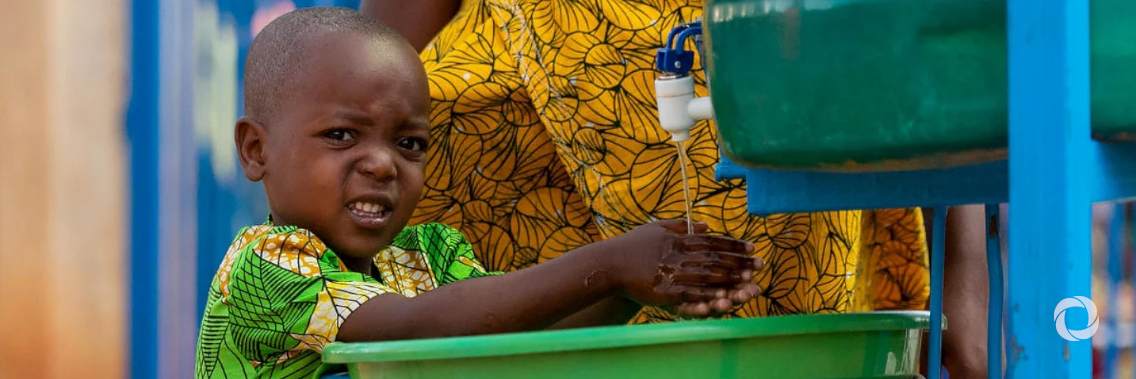Restrictions impeding access to asylum, spiraling gender-based violence, risks of unsafe returns, and loss of livelihoods are among some of the deep and hard-hitting impacts the coronavirus pandemic has inflicted on refugees, UNHCR’s Assistant High Commissioner for Protection, Gillian Triggs, warned.
Opening a virtual session of UNHCR’s annual High Commissioner’s Dialogue on Protection challenges, Triggs urged states to maintain access to asylum and to safeguard the rights of refugees and displaced and stateless people.
“UNHCR has been clear: it is possible for a country both to protect the public health of its people and to ensure access to the territory for people forced to flee their homes. Measures restricting access to asylum must not be allowed to become entrenched under the guise of public health,” said Triggs.
Joined by displaced, NGO, and government speakers from Asia, Africa, the Middle East, and Europe, Triggs led the discussion, with participants demonstrating how compassion and initiative could ensure asylum claims were considered during the pandemic and protection services adapted to reach people in need during lockdowns.
All speakers pointed to how the pandemic presented greater challenges in the protection and well-being of refugees, internally displaced and stateless people, but that innovation, solidarity, and greater support were needed.
“The pandemic has threatened the social and economic rights of the most vulnerable in society – among them refugees and those forcibly displaced who, all too often, depend on the informal economy. They are among the first to suffer the economic impacts of a lockdown,” Triggs said.
“UNHCR operations also report increasing incidents of discrimination, stigmatization and xenophobia against refugees and displaced people, exacerbating tensions with local communities.”
In response, UNHCR has been advocating for urgent and unreserved inclusion of refugees, displaced and stateless people in the full range of responses to the pandemic, from public health responses to national social safety nets.
To illustrate the difficulties that refugees and internally displaced people face in the context of the pandemic, UNHCR has launched a data visualization ‘Space, shelter and scarce resources – coping with COVID-19’ highlighting how acutely vulnerable displaced populations must contend with the pandemic.
Original source: UNHCR

